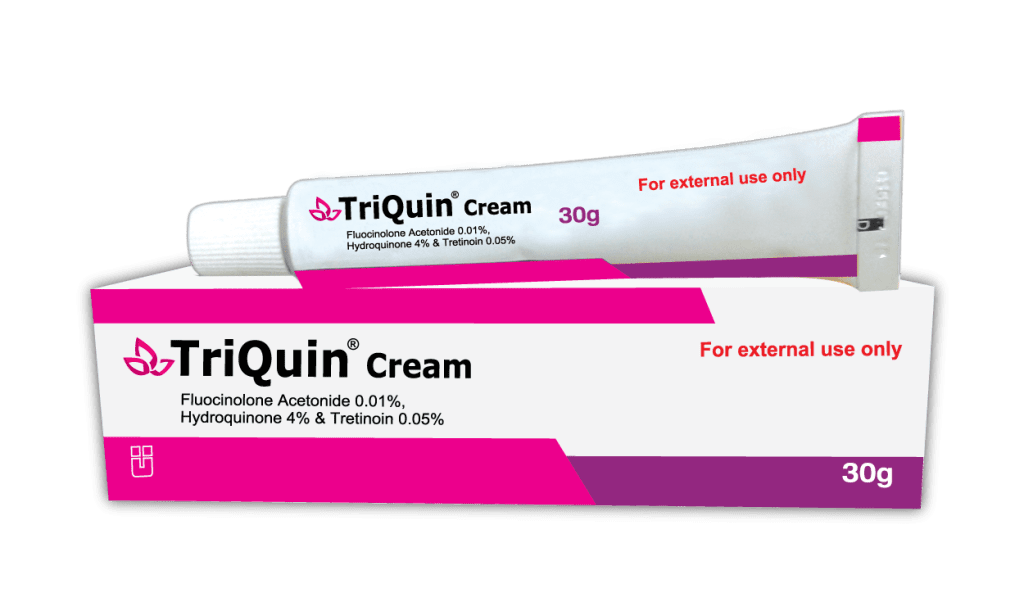Tretinoin is one of the premier ingredients prescribed for acne, but it can also help smooth rough skin and reduce pigmentation. It works by speeding up the skin’s natural turnover rate, bringing fresh cells to the surface.
Before using this medication, wash your hands and cleanse the face with a mild or soapless cleanser. Pat dry. Apply a pea-sized amount of the medicine to the affected area(s) and rub in gently.
It’s easy to use
Tretinoin Cream is easy to use and safe for most people. It is important to follow your doctor or dermatologist’s instructions when applying it. Avoid rubbing or excessive washing, as it can cause irritation. Also, it is best to apply tretinoin in the evening before bedtime, as this allows the skin to absorb the medication while you sleep.
Trenoin cream works by causing your skin cells to turnover more rapidly. This reduces clogged pores and helps prevent acne breakouts. It can take some time to see results from tretinoin cream. However, it is an effective treatment for acne, wrinkles, and uneven skin tone.
Before using tretinoin, tell your doctor about any other medications you are taking, especially ones that make your face sensitive to sunlight (like Altreno). You should also tell your doctor if you’re pregnant or breastfeeding, as it is not known whether tretinoin passes through breast milk. In addition, you should use sunscreen when you go outside and avoid using sunlamps.
It’s safe
Tretinoin, like other retinoids, can cause severe side effects. Therefore, it’s important to follow your doctor’s instructions carefully. This medication should not be used if you have sensitive skin, are pregnant or breastfeeding, or have sunburned or open wounds on the face. You should also avoid using this medication if you have a history of eczema, rosacea, or other types of skin inflammation.
You may experience some initial discomfort and redness of the skin when you first start using tretinoin cream. However, these symptoms should decrease and go away within a few weeks. You should also avoid rubbing the medication into sunburned or raw areas of the skin.
It is recommended that you apply a moisturizer with sunscreen after using this medicine. It is also a good idea to use a mild cleanser with a non-comedogenic formula, and avoid products that contain drying agents (like alcohol, spices, or lime), sulfur, resorcinol, or salicylic acid. You should also avoid smoking and drinking caffeine.
It’s effective
As part of its natural maintenance and repair process, your skin generates new cells in the lower layers of the epidermis. As these new cells travel upwards through your skin, they replace the old ones and form a protective layer called the stratum corneum. This layer is responsible for preventing water loss and keeping the environment inside your body healthy.
Tretinoin speeds up the rate at which your skin creates new cells, promoting shedding of the older skin layers. This keeps your face clean and clear of excess oil and dead skin cells, which reduces acne breakouts & prevents clogged pores.
It also reduces fine wrinkles, spots of discoloration & rough feeling skin by stimulating collagen production. It is a powerful ingredient that should be included in your skincare routine. It can be combined with other products for optimal results. It can make your skin more sensitive to sunlight, so it is important to use sunscreen every day (at least SPF 15 or higher according to the tretinoin drug label) and avoid sunlamps.
It’s long-lasting
When used regularly, tretinoin has been shown to produce anti-aging results in as little as 84 days. It’s effective for reducing fine lines, coarse wrinkles and skin laxity. It’s also a powerful acne treatment for those suffering from mild to severe acne and can help prevent future breakouts by disrupting the pore-clogging cycle.
When you begin using tretinoin, it’s important to remember that your skin will undergo an initial adjustment period. This can include redness, dryness and peeling. During this time, it’s best to avoid excessive washing or scrubbing your face. It’s also essential to use sunscreen daily and moisturizers after your tretinoin application.
It’s important to disclose any medications, supplements or skincare products you’re currently using with your dermatologist. This way, your doctor can advise you on the safest and most effective ways to introduce tretinoin into your skincare routine. This is particularly important if you have underlying conditions like rosacea or eczema that cause sensitive skin.Tretinoin 0.05% Cream


